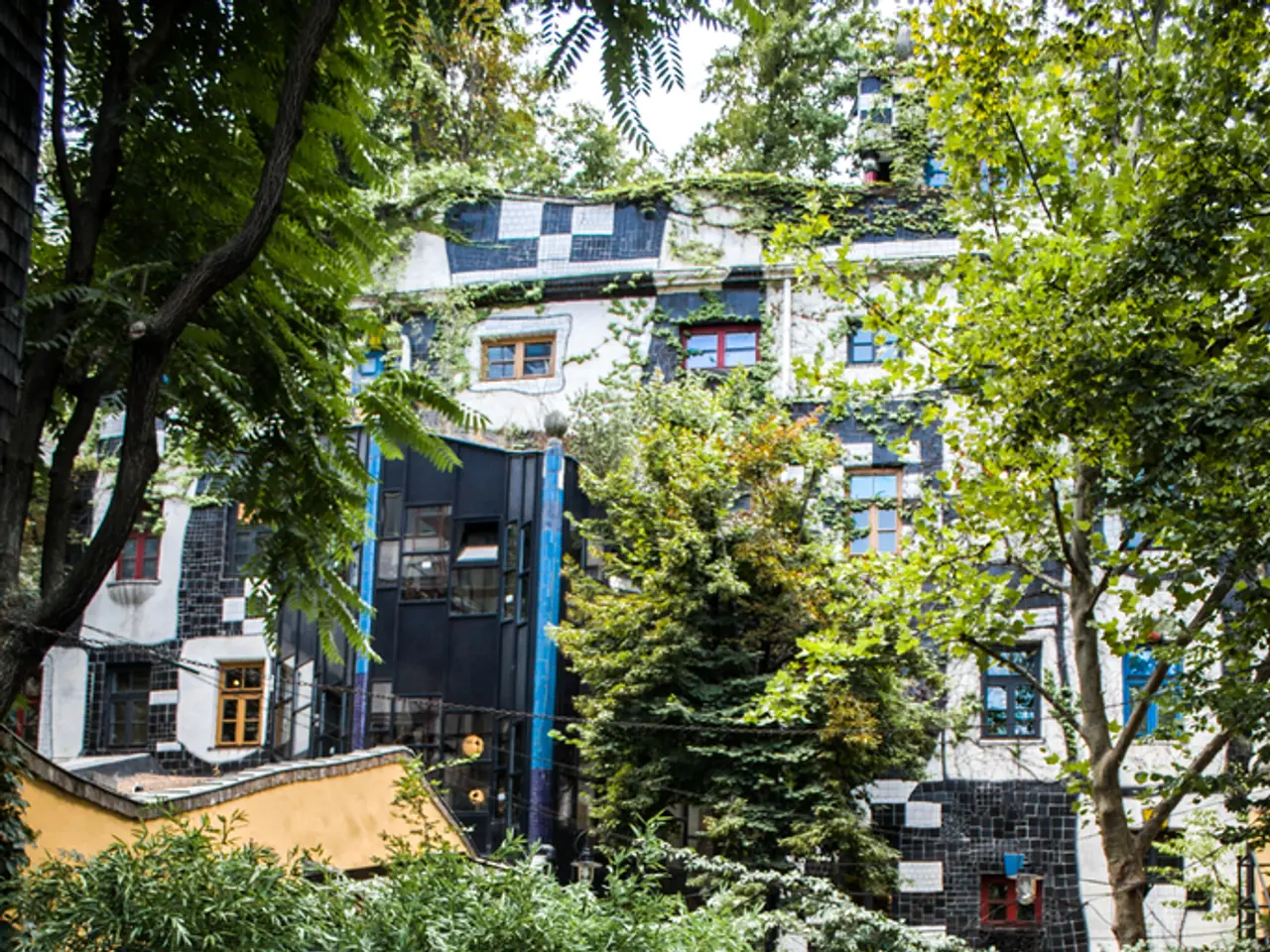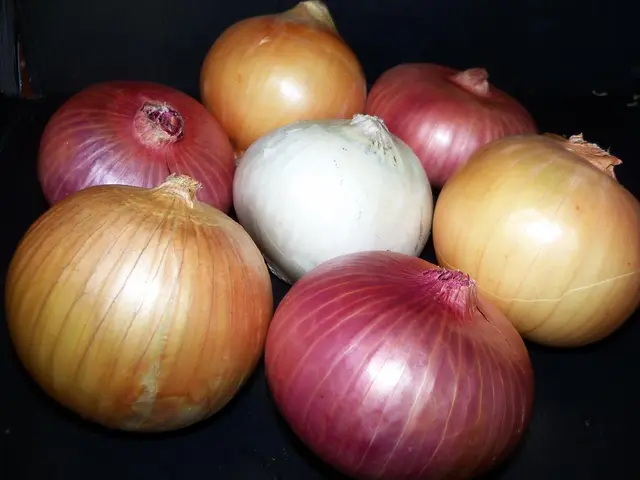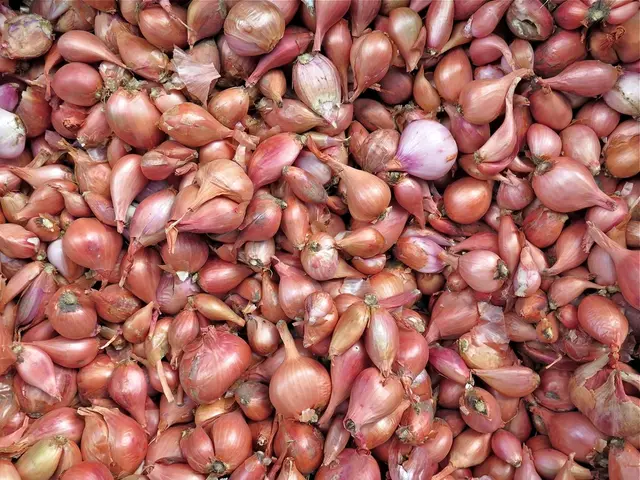Exploring plant-based coolings systems: Does the alleged zero-energy approach truly outperform traditional air conditioning?
Chill Out and Save: Green Air Conditioning with Houseplants
splashing out a staggering £3,000 or more for traditional air conditioning units and rising energy bills, millions of Brits are on the hunt for affordable and eco-friendly cooling solutions. Fear not, your living room may already house an underrated cooling system! Craig Morley, gardening guru at Budget Seeds, spills the beans on the natural cooling magic of plants, a cost-effective and eco-friendly solution to beat the heat.
Working alongside Barratt London, Craig backs the growing trend of "transpirational cooling" – harnessing the natural process by which plants release moisture and cool the air around them.
Do Plants Really Cool Down Your Home?
The concept may seem too good to be true, but it's proven by NASA research. The process of transpiration, where water moves from plant roots up to their leaves and evaporates, not only keeps the plant cool but also cools your room. How so? Group together several high-transpiration plants, and voila! You've built your own, budget-friendly, zero-electricity personal rainforest!
Unleashing Your Houseplant's Cooling Power
To get the most bang for your botanical buck, nurture your plants to optimal health. Remember: health is wealth, not just for plants, but also your green air conditioner! A stressed, thirsty plant will conserve water and transpire less, rendering it less effective at cooling you down. Boost humidity levels, group plants together, place them next to water-filled trays, and provide ample water to keep stomata open and evaporation flowing.
Top Picks for Your Green Air Con
Not all plants cool equally. To achieve the ultimate folk air conditioning experience, go for species with large leaves and high transpiration rates, like:
- The hardy and beginner-friendly Snake Plant (Dracaena trifasciata)
- The stylish Peace Lily (Spathiphyllum wallisii)
- Aloe Vera, perfect for sun-soaked spots
- Tropical, shade-loving Bamboo Palm
- Humidity-loving Boston Fern
- Hardy and easy-to-grow Golden Pothos
- Moisture-loving Spider Plant
Tackling Urban Overheating, the Green Way
As summers grow hotter, urban areas heat up even more due to concrete trapping heat. Houseplants, with their natural cooling properties, provide a sustainable, energy-efficient solution to combat rising indoor temperatures and reduce reliance on air conditioning. Craig Morley suggests this eco-friendly approach, "Green Air Con," as an accessible, climate-smart response to climbing energy costs and intense summer heat.
With more and more people opting for energy-saving hacks, "Green Air Con" could very well be the next big summer survival trend. So why suffer through blistering heatwaves? Dive into the world of houseplants and embrace the cool! Discover Craig Morley and Barratt London for more sustainable living tips to stay cool, save cash, and tread lightly on this planet.
- To take advantage of the natural cooling effects of plants, consider building a group of high-transpiration plants in your living room.
- Craig Morley, a gardening guru, suggests designing your home with a focus on transpirational cooling, which harnesses the moisture-releasing process of plants to cool the air.
- The hardy Snake Plant, with its large leaves, is a great choice for your personal, budget-friendly, zero-electricity air conditioning system.
- A healthy, well-watered Peace Lily can contribute significantly to your home's cooling system, improving its efficiency and lowering your energy bills.
- Aloe Vera, placed strategically in sun-soaked spots, can help keep your home cool and provide a touch of stylish greenery.
- The Bamboo Palm, a tropical, shade-loving plant, is another excellent option for your eco-friendly home-and-garden cooling system.
- To boost humidity levels and enhance the cooling effect, place your plants next to water-filled trays and group them together.
- By implementing sustainable-living practices like growing a "Green Air Con" system and utilizing houseplants for cooling, you can significantly reduce your reliance on traditional air conditioning and contribute to energy saving.








